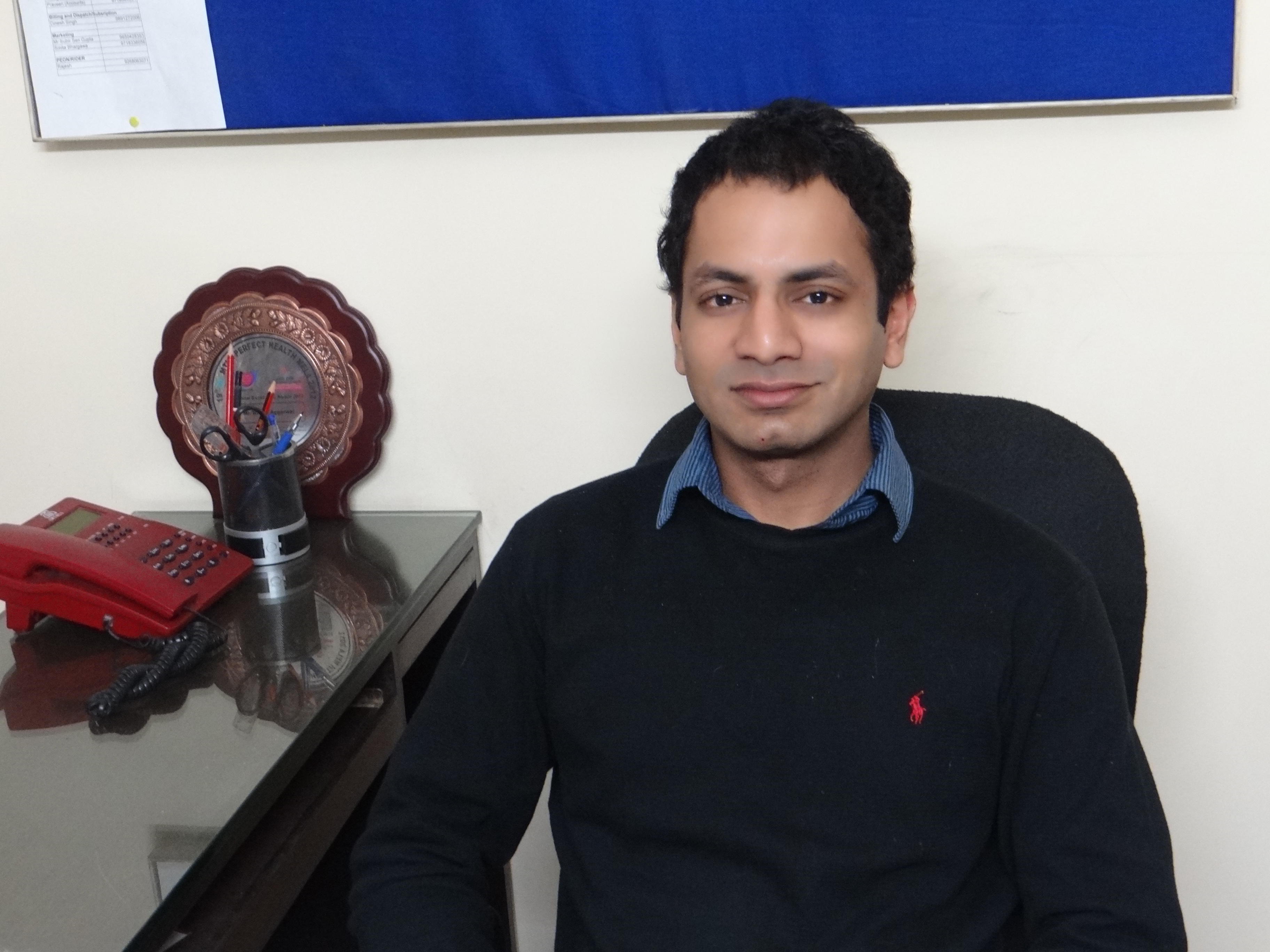
People need constant reminders about the health checkups due for them, as well as advice on a healthy diet and stress-free lifestyle, says Nilesh Aggarwal, Co-Founder, eMediNexus and COO, IJCP Group, in an e-mail interaction with Elets News Network (ENN).
What according to you is driving the change in Indian healthcare sector?

In today’s scenario, time is money. People are neglecting their health in between their busy schedule and daily activities. They need constant reminders about the health checkups due for them, as well as advice on a healthy diet and stress-free lifestyle. This is where the booming startups in the healthcare industry come into picture. Such startups are driving the change in the healthcare sector today. Digital health funding continues to grow as well.
Another factor driving the change in this sector is technology. Technology has touched every aspect of human life. This is true of the healthcare sector as well. Even till a few years back, Indias healthcare sector was lagging behind in terms of technology adoption. However, the recent times have brought in some much-needed development. The union of technology and healthcare has opened up new avenues to address a multitude of issues. From storing medical records to diagnostic and therapeutic methodologies, technology is revolutionising the healthcare delivery system in the country. Deloitte Touche Tohmatsu India has predicted that with increased digital adoption, the Indian healthcare market, which is worth around $100 billion, will likely grow at a CAGR of 23 per cent to $280 billion by 2020.
How is technology impacting the delivery of services in the healthcare sector?

There are many bottlenecks in healthcare — lack of innovative solutions and non-availability of simple-to-use and innovative platforms — which are being addressed by technology today. Introduction of devices and systems has helped in addressing many such pain points. Users are also more aware now.
Today, doctors can predict diseases and the genetic predisposition of people to these,and obtain preventive measures and diagnosis for the same.Treatment programmes, testing procedures, and diagnosis can be done through mobile-based applications. Technology has made it easy for practitioners to assess patients remotely. It is also easier to manage, track, and access medical records and not carry them around everywhere for reference.
Which key trends you see have the potential to change the public healthcare delivery system?
Some key trends with the potential to change healthcare delivery include:
Prevention: The use of technology in healthcare delivery is making preventive medical care more accessible. Healthcare is no longer just cure-based and one can analyse whether a person is susceptible to a particular condition beforehand. Predictive analysis and preventive care are fast replacing the traditional healthcare regime. Diagnosis and test results can be broken down and made easier for anyone to read.
Improved research: Today, huge chunks of data can be broken down and analysed depending on a particular region, race, and geography. Technology has made collection of data easier depending on likelihood of acquiring diseases, genetic mutations, and geography.
Customer service: Healthcare is fast becoming accessible and affordable for everyone.Mobileapps andtele-medicine apps are making it easier for patients to get medical help from across India and connect to doctors digitally and second opinions from experts and specialists without having to be physically present at a place.
Which innovations you seek to introduce in your organisation to improve healthcare delivery to patients?
eMediNexus is a content-focused appthathelpsin keeping doctors updated with the latest advancements and clinical cases in medicine so that they can improve their knowledge, diagnose, and treat patients more efficiently and with more precision. It also gives the doctors an option to take second opinions from other practitioners on the go thereby reducing the need for the patient to be referred to an already overburdened doctor.
We are laser-focused on increasing the quantum and type of content it offers to doctors, as we are a clinical content platform. We will further add new content formats, features, and run physician relevant campaigns to highlight their importance in the context of Indias economic growth and the healthcare sector itself. We will also keep introducing new features after further understanding their daily needs.
Please share your views on the way forward for the Indian healthcare sector.
In the future, healthcare will be delivered through small, connected devices which can communicate with mobile phones. The union of technology and healthcare has opened up new avenues to address a multitude of issues. From storing medical records to diagnostic and therapeutic methodologies, technology is revolutionising the healthcare delivery system in the country. They will track health, motivate users to adopt healthy habits and connect them to doctors as well. Doctors will even be able to hear the heartbeat through apps, will get blood pressure readings, etc. Machine learning and Artificial Intelligence are also going to play a key role in Healthcare in the future and I am excited to see the innovations that will be brought out in the near future by this industry.
Be a part of Elets Collaborative Initiatives. Join Us for Upcoming Events and explore business opportunities. Like us on Facebook , connect with us on LinkedIn and follow us on Twitter , Instagram.












